Menopause brings about significant hormonal changes. It can also impact various aspects of health, including the digestive system. Understanding the connection between nutrition, menopause and gut health, is a helpful tool for women navigating this transitional phase.
In this post, we will explore how your gut health can interact with menopause and exacerbate symptoms as well as making some nutritional recommendations to support you.

Nutrition and Hormonal Changes
During menopause, hormonal fluctuations, particularly a decline in estrogen levels, can lead to a range of symptoms such as hot flashes, mood swings, and changes in metabolism.
These hormonal shifts also influence the gut microbiota, the community of trillions of microorganisms residing in the digestive tract.
Maintaining a healthy balance of gut bacteria is vital for overall well-being, as these microbes play a crucial role in digestion, nutrient absorption, and immune function.
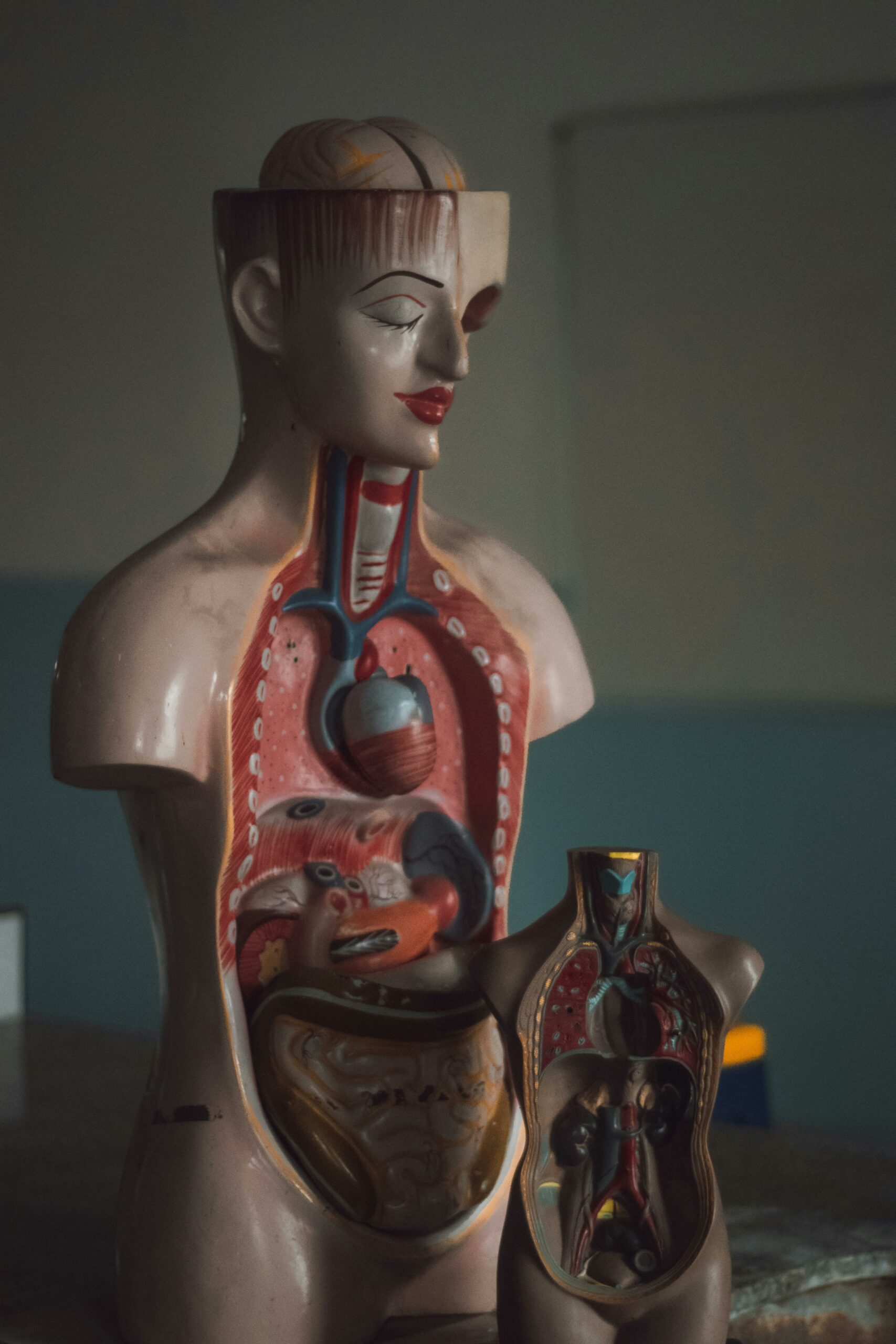
Symptoms: Menopause and Gut Health
The gut microbiota interacts with the endocrine system, affecting hormone regulation. This can influence menopausal symptoms.
Imbalances in the gut microbiome can exacerbate symptoms such as bloating, constipation, and weight gain, which are already common during menopause.
Additionally, the gut-brain axis, a bidirectional communication system between the gut and the central nervous system, plays a role in mood regulation.
This is a very interesting area of research, potentially impacting the mood swings, brain fog and irritability experienced by menopausal women.
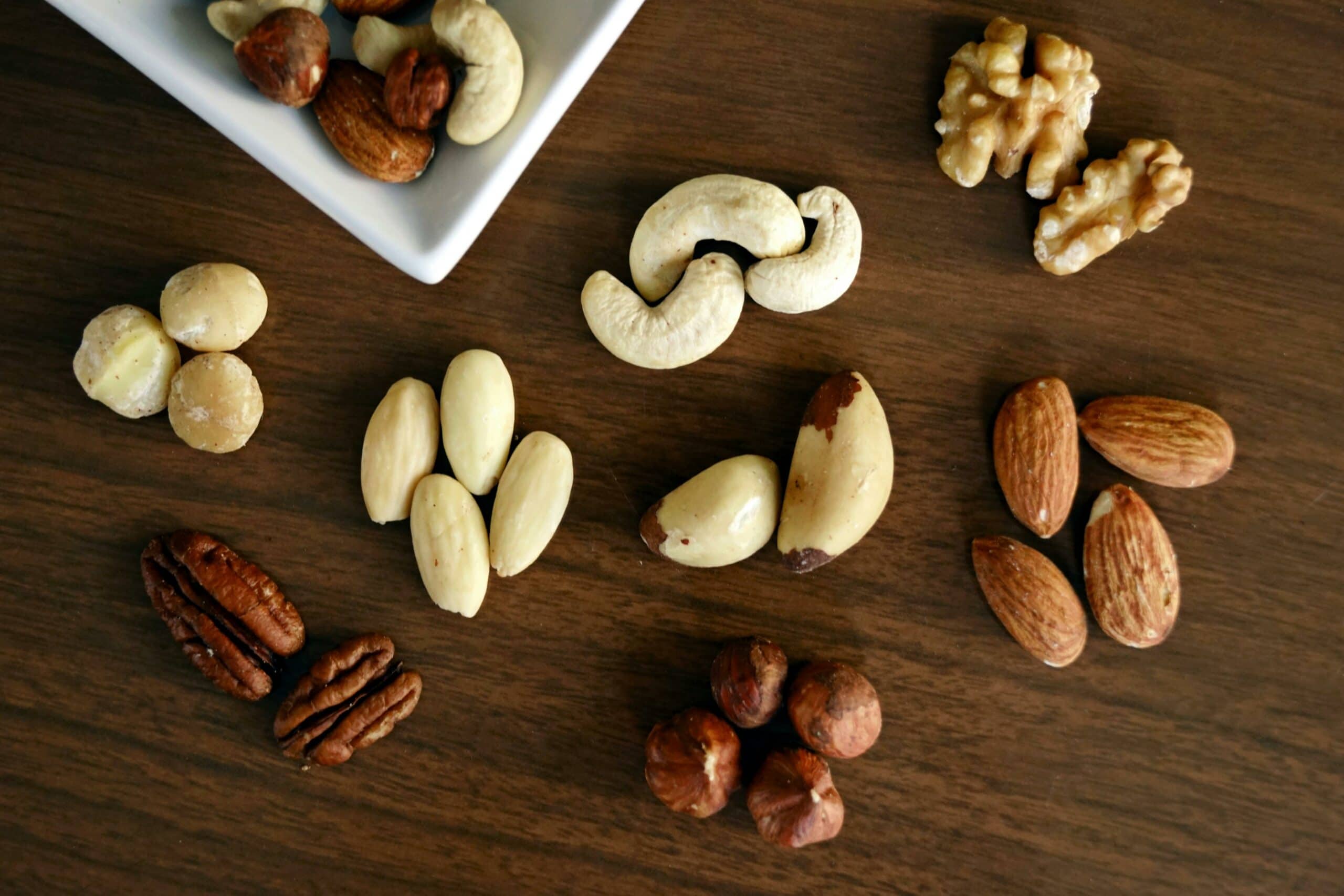
Nutrition Recommendations for Menopause and Gut Health
If you have been following me for a while, the following list will not come as a surprise to you. Most of these foods are advisable for a healthy lifestyle as we age and process foods differently.
Read on and see where you can make some simple changes!
Fiber-Rich Foods
Increasing fibre intake is essential for promoting regular bowel movements and preventing constipation.
Whole grains, fruits, vegetables, and legumes are excellent sources of fibre. Including these foods in your diet can help maintain a healthy gut and alleviate digestive discomfort.
Probiotics
Probiotics are beneficial bacteria that support gut health.
Yogurt, kefir, sauerkraut, kimchi, and other fermented foods are rich in probiotics.
Including these foods in your diet can help restore and maintain a balanced gut microbiota, potentially easing digestive issues associated with menopause.
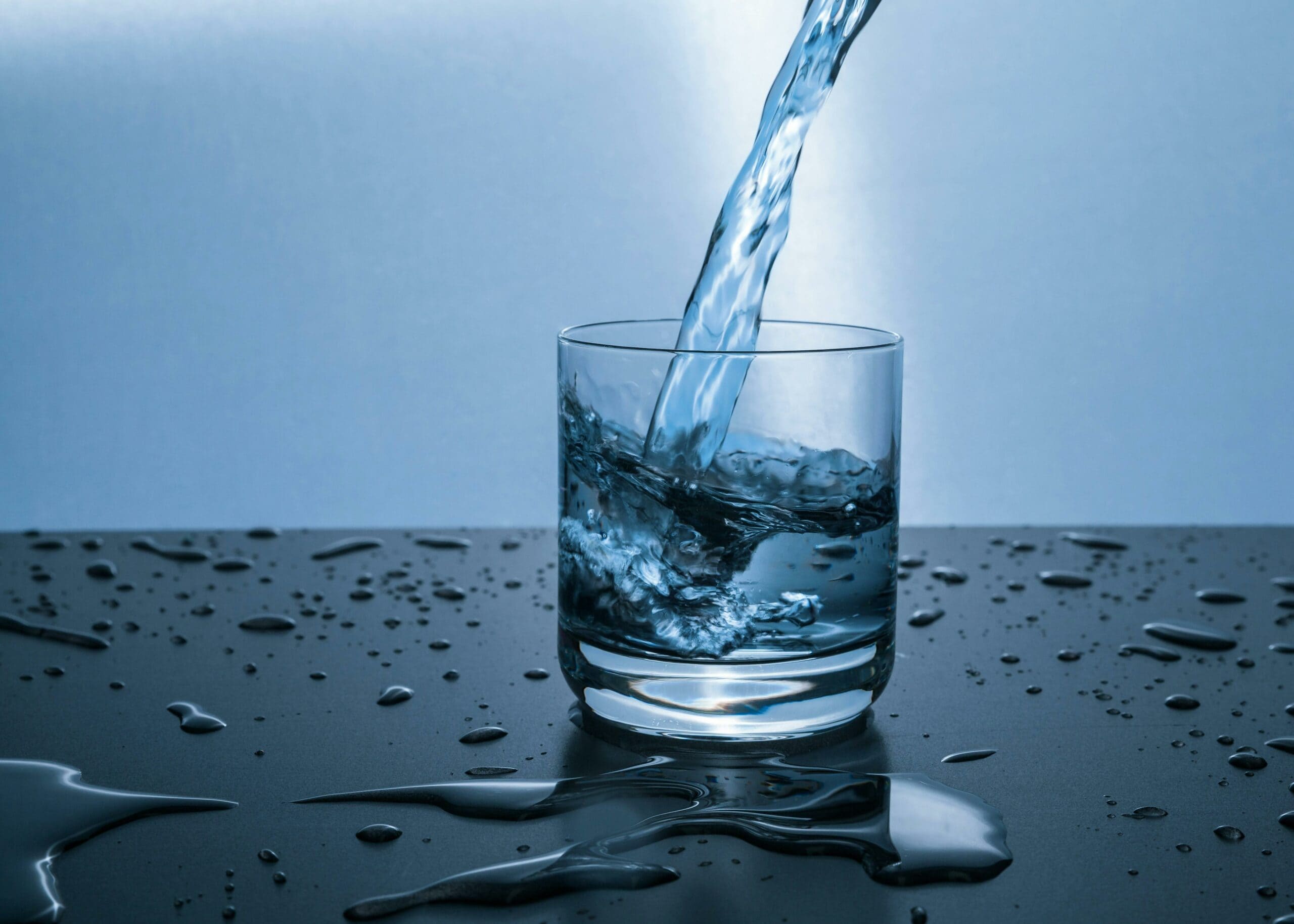
Hydration
Staying well-hydrated is crucial for overall health and for proper digestion. Hydration helps prevent constipation and supports the body’s natural detoxification processes.
So, it is important to make sure you are drinking plenty of water. Check out The Menopause Charity’s guide to Staying Hydrated here.
Healthy Fats
Incorporating sources of healthy fats, such as avocados, nuts, seeds, and olive oil, can benefit gut health.
These fats help lubricate the digestive tract, promoting smooth bowel movements.
Omega-3 fatty acids, found in fatty fish like salmon, also have anti-inflammatory properties that may alleviate menopausal symptoms.
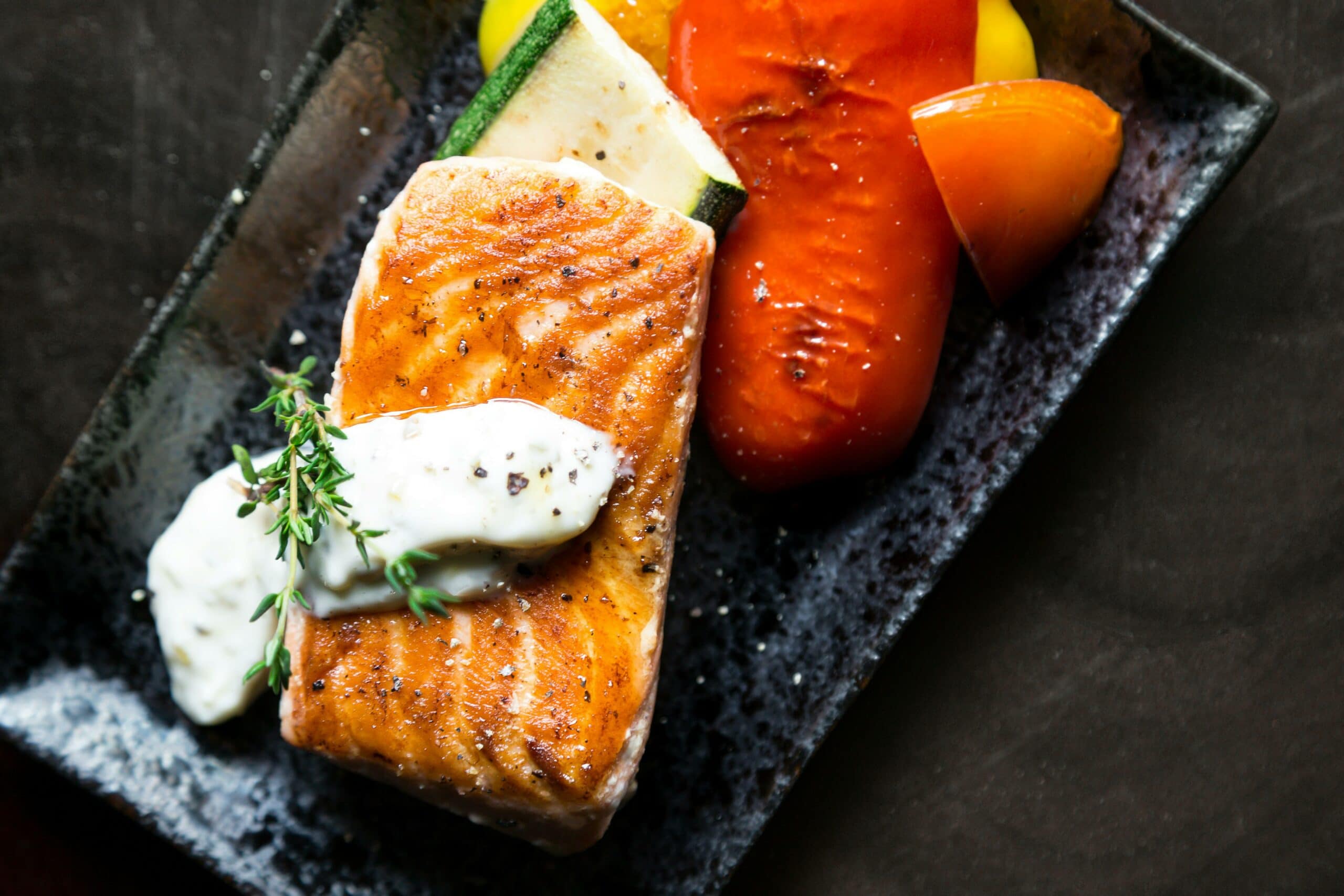
Limit Trigger Foods
Some foods can exacerbate digestive issues and menopausal symptoms. These include spicy foods, caffeine, and alcohol. While it’s not necessary to eliminate them entirely, reducing consumption may help manage symptoms.
Small Changes Make a Difference.
Paying attention to nutrition and gut health becomes increasingly important as we women age.
Consulting with a healthcare professional or a registered dietitian can provide personalized guidance, ensuring that dietary changes align with your individual health needs.
If you would like to discuss the challenges you face and see what steps you can take to improve your gut health today then get in touch. Send me a message here.
By making mindful dietary choices, incorporating fibre-rich foods, probiotics, staying hydrated, and including healthy fats, women can support their digestive system and potentially alleviate some menopausal symptoms.
For more insights into perimenopause and menopause, check out these posts from the blog:
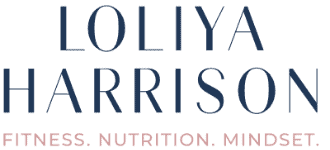
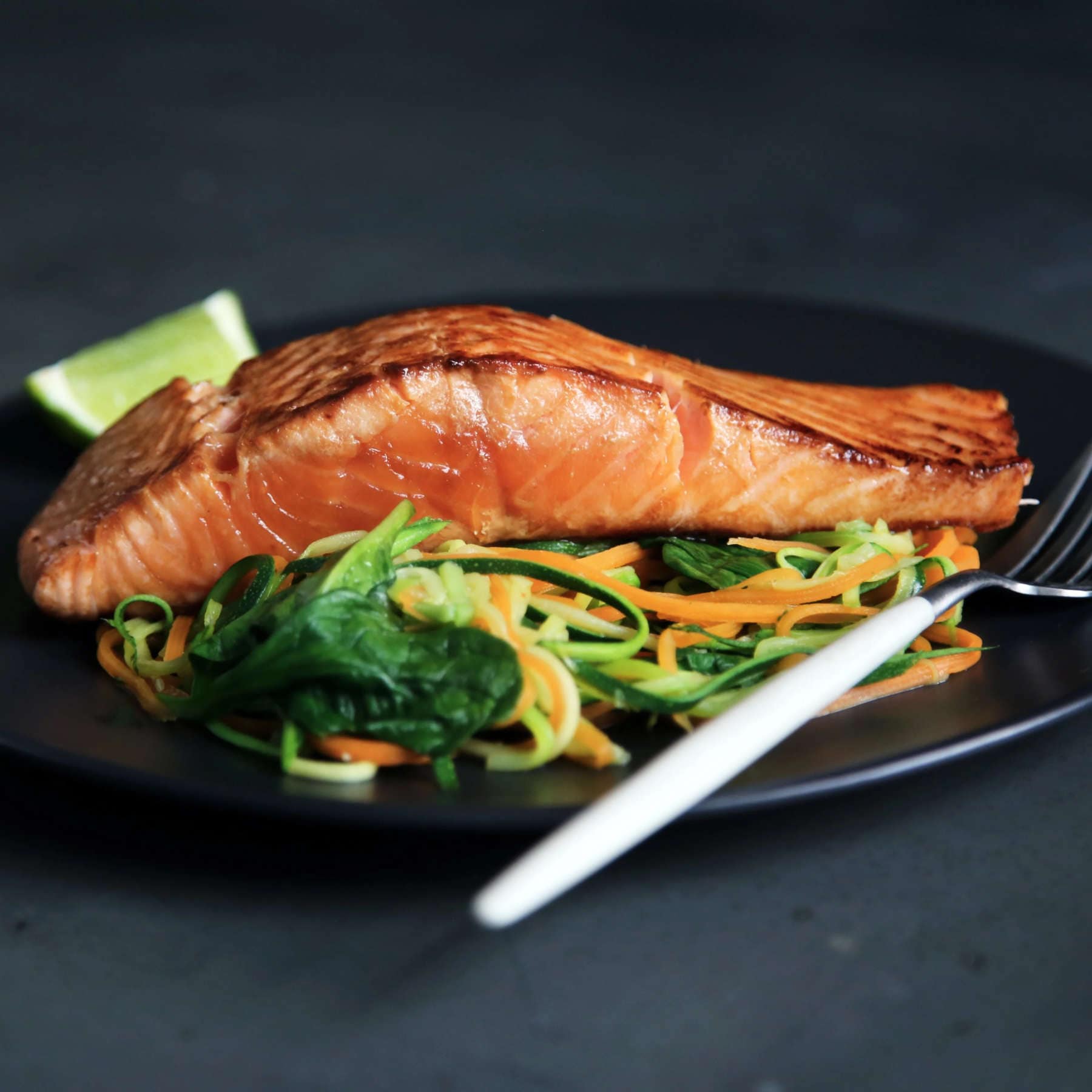

0 Comments